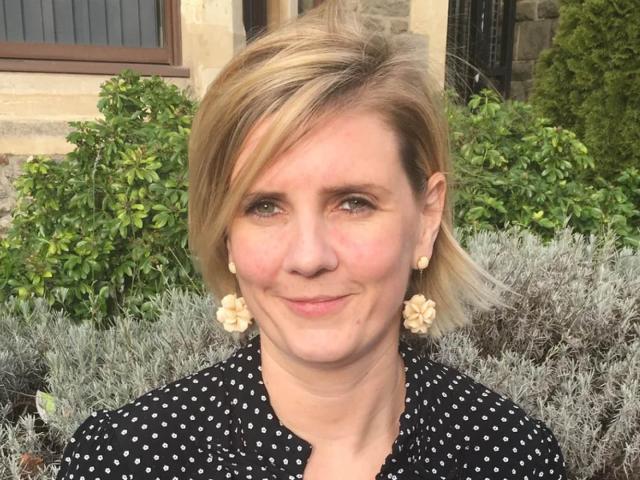
World Suicide Prevention Day: Researcher receives Fellowship to explore international interventions
7 September
Warning. This story contains content about suicide.
To mark World Suicide Prevention Day on 10 September 2023, Dr Rhiannon Evans explains how being awarded a prestigious Churchill Fellowship will help further her research in this crucial area.
Dr Evans is a Reader in Social Science and Health based at the Centre for Development, Evaluation, Complexity and Implementation in Public Health Improvement (DECIPHer) at Cardiff University.
As part of her postdoctoral research, funded by Health and Care Research Wales, Dr Evans conducted a systematic review which found that young people in care are around four times more likely to attempt suicide.
This award, supported by the charity Samaritans, will enable her to spend time in Colorado, USA and Seoul and Busan in South Korea, to explore the work being done to tackle suicide among children and young people who have been in care.
Suicide rates vary widely between countries and can be influenced by a number of factors. The World Health Organisation (WHO) estimates that both South Korea and the United States’ suicide rates are significantly higher than the UK’s, at 21.2 and 14.5 deaths per 100,000 people compared to 6.9.
Dr Evans said, “This Fellowship will allow me to build on my previous research, which established that there is a real lack of provision and tailored support for young people with a history of care, whether that be foster care, residential care or kinship care.
“I will be exploring innovative approaches in other countries and how we might adapt them to Wales. South Korea has the highest suicide rate of all OECD countries, as well as a relatively high rate of death by suicide among women. There also appears to be a very particular cultural response to suicide, especially among celebrities, and how it affects and informs young people’s wellbeing.
“Preventing suicide is a significant priority in public health, especially among young people. We need to better understand how it might be prevented and how young people can be best supported. I hope that through my Churchill Fellowship I can understand more about what works in suicide prevention and how this can help young people, particularly those that have been in care.”
The Churchill Fellowship is a UK charity founded in honour of Sir Winston Churchill. Each year it provides awards to individuals from all backgrounds and working across all fields, enabling them to learn from best practice from around the world to develop new approaches to diverse challenges.